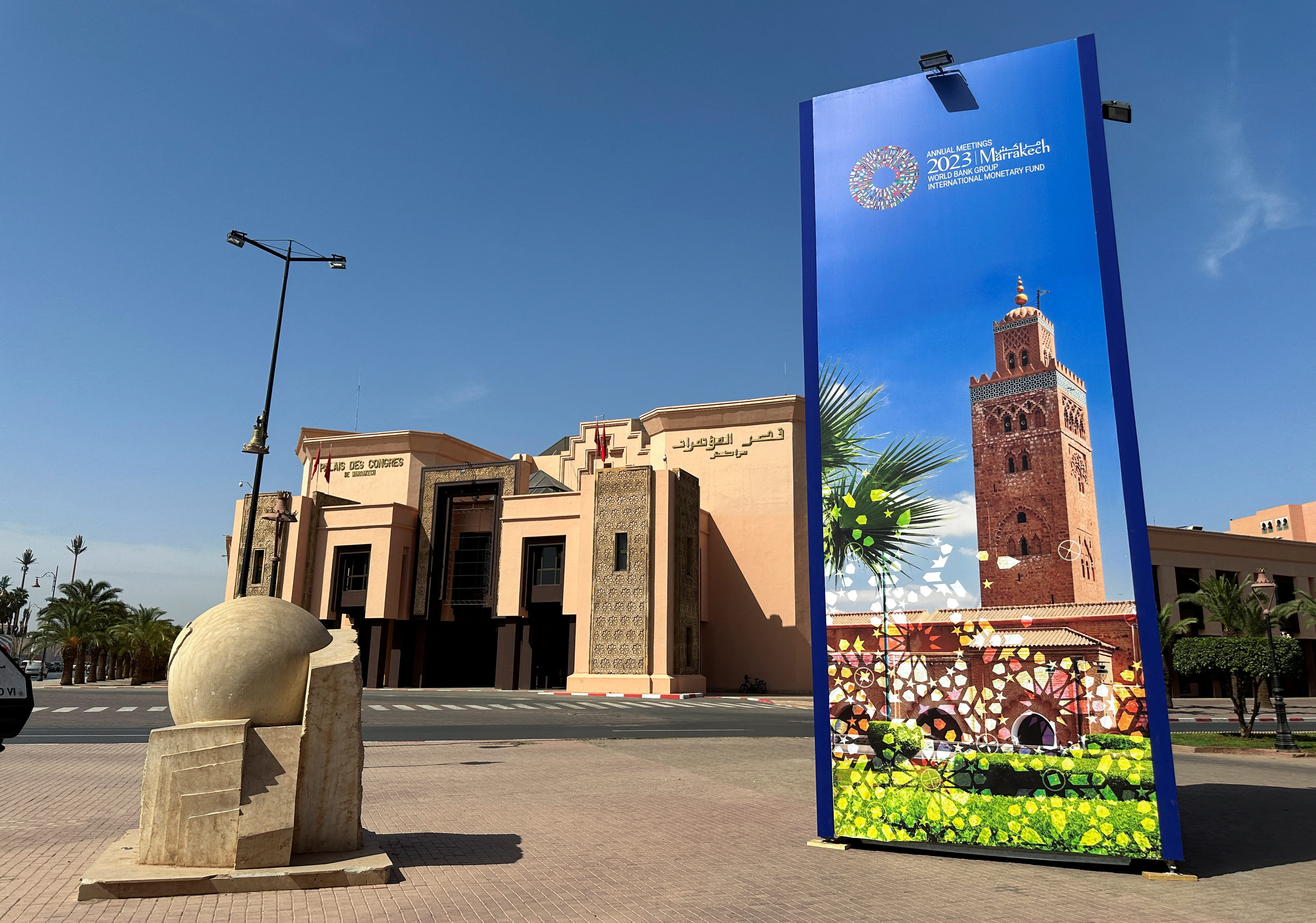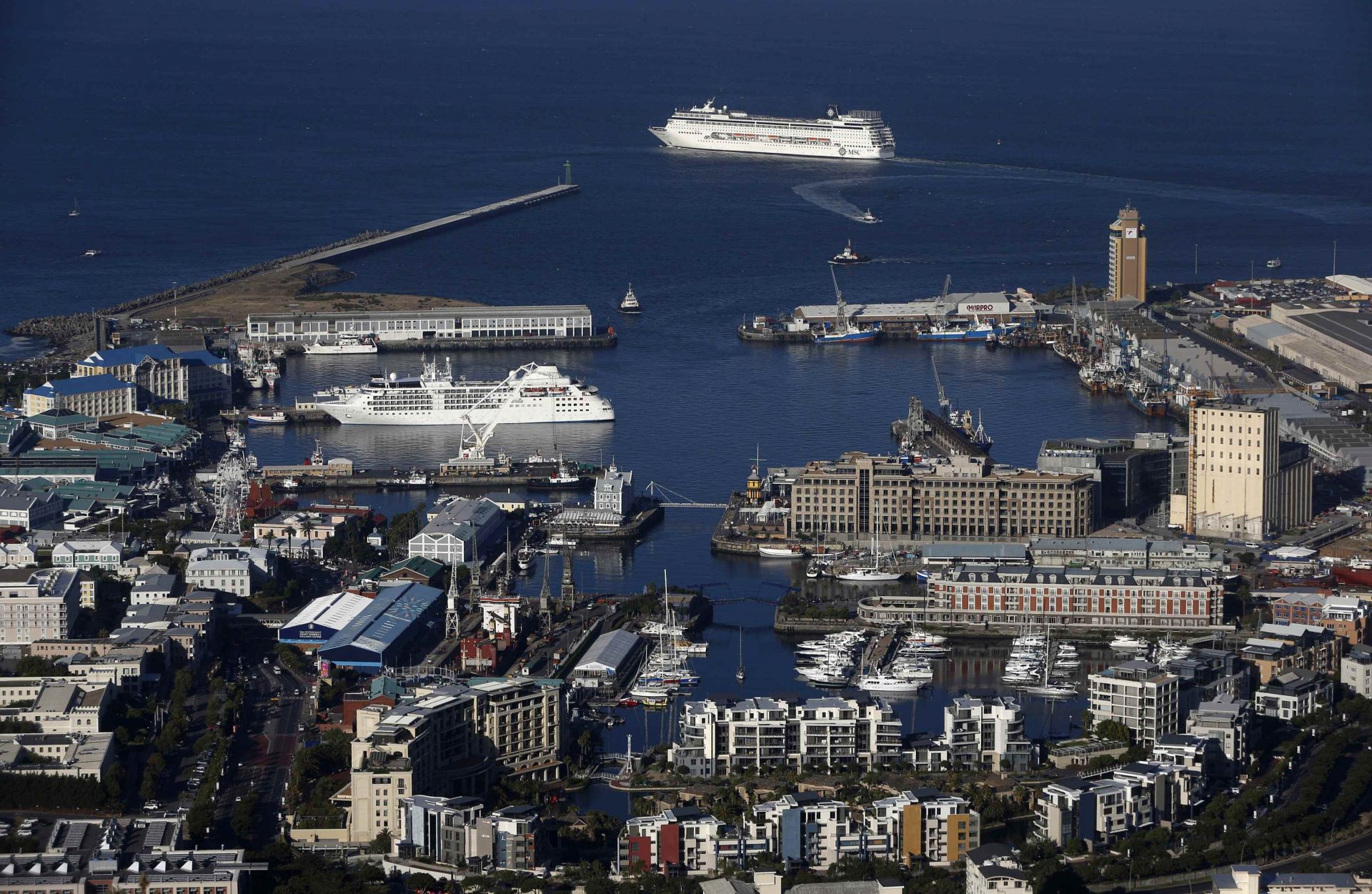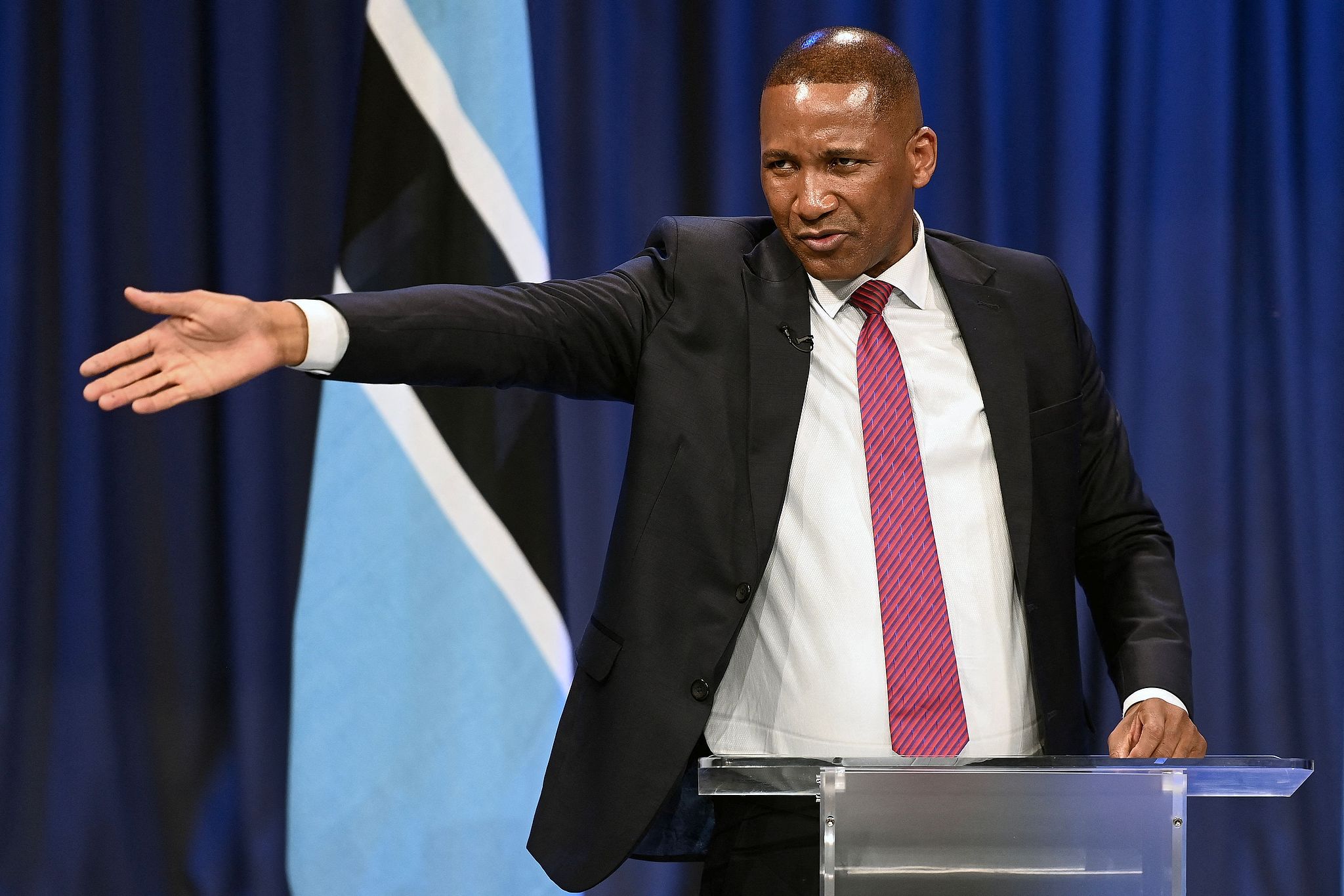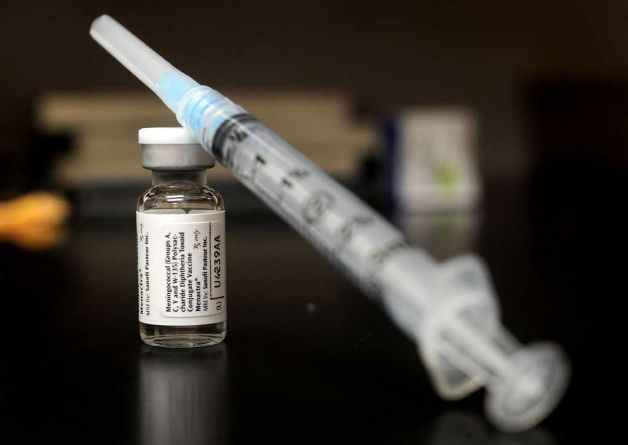
Marrakech prepares for IMF and World Bank meeting a month after deadly quake
Moroccans living just an hour from where the global financial elite will gather for IMF and World Bank meetings next week are homeless and destitute after last month’s deadly earthquake, camping amid the rubble of their devastated villages.
Near the conference venue in the city of Marrakech where quake damage was less severe, the old city wall has already been repaired, a fallen minaret has been covered up, rubble has been removed, lawns trimmed and flowers planted.
But in the High Atlas mountains where most of the quake’s 3,000 victims were killed, villagers live in tents with little access to showers or working toilets, surviving on state handouts while they try to resurrect their shattered lives.
The vivid contrast reflects inequalities that already defined a country that has some of Africa’s most advanced infrastructure and industry, but where many of the rural poor live without basic services including sewage systems.
A single night in a twin bedroom at Marrakech’s historic La Mamounia hotel during the IMF meeting was advertised this week at 20,000 Moroccan dirhams (1,900 U.S. dollars). The average annual GDP per capita among people living in this region is only about 2,000 U.S. dollars.
When the quake struck remote Imi N’Tala “it was like a bomb” said Omar Ait Ougadir, who lost his two sons Khaled, 14, and Taoufiq, 10, in the disaster, among a total of 84 killed in their village. Ait Ougadir’s wife and daughter survived.
“I don’t know what we’ll do when it snows,” he lamented, as he collected wood from fallen houses to build a hut next to the yellow tent among the trees outside the village where they swelter by day and freeze at night.
Most houses in Imi N’Tala were either destroyed or badly damaged, with a landslide blocking the only road for a week. The villagers must share four toilet cubicles that were still unconnected to the water supply when Reuters visited this week.
Authorities have promised compensation for quake victims including a monthly stipend of 250 U.S. dollars per household and thousands of dollars to rebuild fallen homes. They have distributed tents and blankets, set up field hospitals and are removing rubble.
The government plans to invest 12 billion U.S. dollars in reconstruction and infrastructure over five years in the quake-ravaged region. The IMF last week approved a 1.32 billion U.S. dollar loan, requested before the quake, to guard against climate-related disasters.






